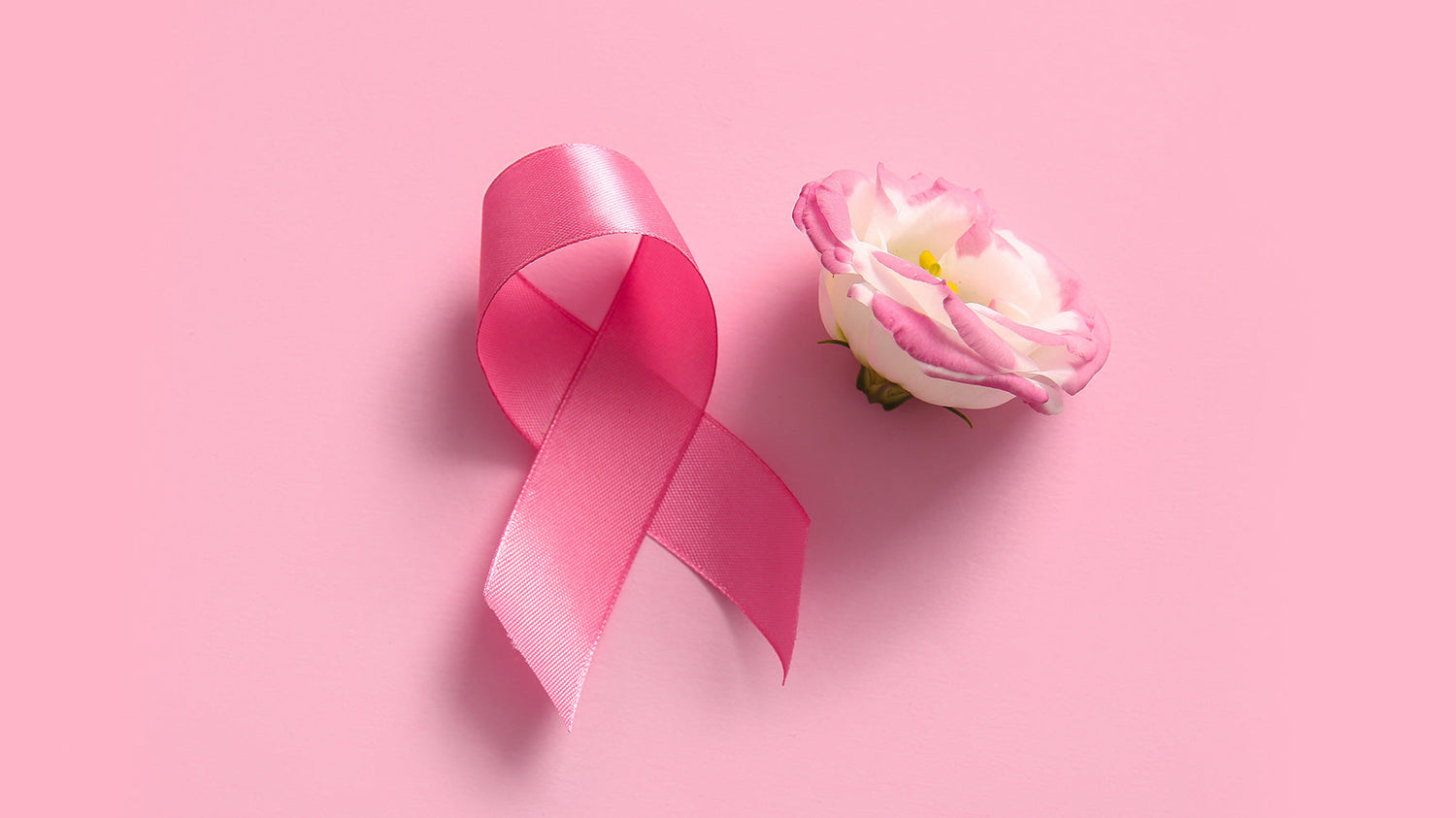Conquering Oily Hair: Causes and Solutions
Many people struggle with hair that appears oily and unkempt soon after washing. This issue can stem from various factors, but there are effective strategies to manage it. Typically, the root cause is increased sebum production by the sebaceous glands on the scalp. Excessive sebum leads to oily hair, while low sebum production can cause hair to become dry and brittle. The goal is to balance sebum production without over-drying the scalp.
Understanding Sebum Overproduction
Several factors contribute to an imbalance in scalp oil production. Genetics play a significant role, as some individuals naturally produce more sebum or have more sebaceous glands. For these individuals, using a mild de-greasing shampoo that cleanses without over-drying is essential. Products like the Caffeine Biome Shampoo For Oily Scalp from Moremo are specifically formulated for this purpose. Additionally, washing hair too frequently and vigorous rubbing can exacerbate the problem.
Stress and lack of sleep are also major contributors to increased sebum production. Hormonal changes, such as those during puberty or pregnancy, can elevate sebum levels. Fine hair tends to look oily quicker than thick hair due to the smaller diameter of each strand, making sebum more visible.
Environmental factors like diet, climate, and pollution further influence sebum production. High humidity, extreme temperatures, and pollution can disrupt the scalp's natural balance, sometimes leading to bacterial infections and itchiness. In such cases, consulting a dermatologist is recommended.
Effective Solutions for Oily Hair
A specialist can evaluate your scalp and determine if your sebaceous glands are overactive. One common recommendation is to reduce the frequency of hair washing to allow the scalp to stabilize its sebum production. Although this may be uncomfortable initially, it can significantly reduce oiliness over time. Incorporating a pre-shampoo treatment, like the Balance Oil Control Pre-Shampoo Clay Mask from izil, can help regulate oil production.
When washing oily hair, limit it to 2-3 times per week, ideally in the morning when sebum production is lower. Use lukewarm water and avoid high heat when blow-drying, as warmth stimulates sebum production. Gentle washing without excessive rubbing is crucial. After washing, using a lightweight conditioner designed for oily scalps, such as the Conditioner For Oily Scalp And Roots from HAIRBURST, can provide necessary hydration without adding excess oil.
Home Remedies for Oily Hair
To prevent oil from spreading along the hair shaft, avoid brushing too frequently. For a quick fix, use baby powder or dry shampoo to absorb excess oil, which is especially useful for special occasions or busy days. Rinsing hair with cold tea can also help manage oiliness.
Therapeutic treatments like lava clay or alumina hair packs act as detoxifiers for the scalp, providing lasting results. Shampoos containing seaweed or willow bark extract have antiseptic properties that help control oil. Ensure your hair products are free from oils and silicones to avoid exacerbating the problem.
To further prevent oily hair, minimize the use of conditioners. If conditioning is necessary, opt for products specifically designed for oily hair to avoid adding excess moisture.
By understanding the causes and implementing these effective strategies, you can manage oily hair and maintain a healthy, balanced scalp.




